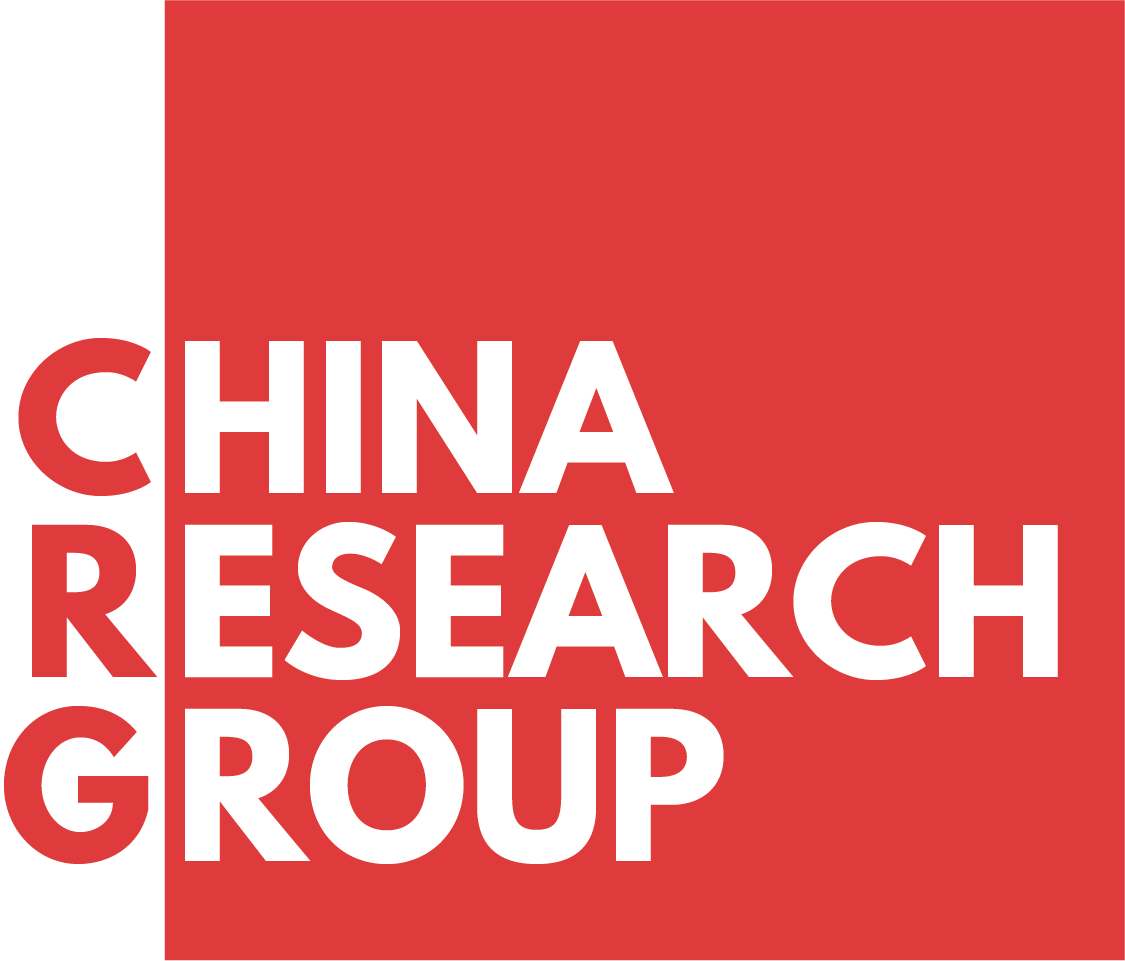China's energy system has been described as “the whale in the global energy economy.” The country’s central economic problem has been a lack of affordable, domestically produced and non-polluting energy to satisfy the country’s modernisation. Beijing’s evolving energy policies reflect the reality that energy security has become an urgent national priority.
What measures is the Chinese Communist Party taking to reduce dependence on oil and gas imports that threaten national security? How can China balance an increase in energy demand to support economic growth with pressures to reduce environmental impacts from emissions of greenhouse gases? How is Beijing’s quest for energy security impacting global energy markets and geopolitics?
Helen Thompson is a Professor of Political Economy at the Department of Politics and International Studies (POLIS), University of Cambridge. Her current research concentrates on the political economy of energy. She has written books on British economic policy, the relationship of democracy to the international economy, and the politics of the economic relationship between the United States and China.
Dr Michal Meidan is Director of the Gas Research Programme and Director of the China Energy Programme at the Oxford Institute for Energy Studies. Before joining OIES in July 2019, she headed cross-commodity China research at Energy Aspects and has held senior analytical roles at Eurasia Group, and at Asia Centre-Sciences Po.
Lara Dong leads Greater China power and renewables research at IHS Markit - a leading source of insight in critical areas that shape today's business landscape - in Beijing. She focuses on China's power and renewable markets, key players across the value chain, and policy and market reform analysis. Prior to joining IHS Markit, she spent eight years at Rio Tinto, researching commodity market fundamentals and generating China policy insights.
